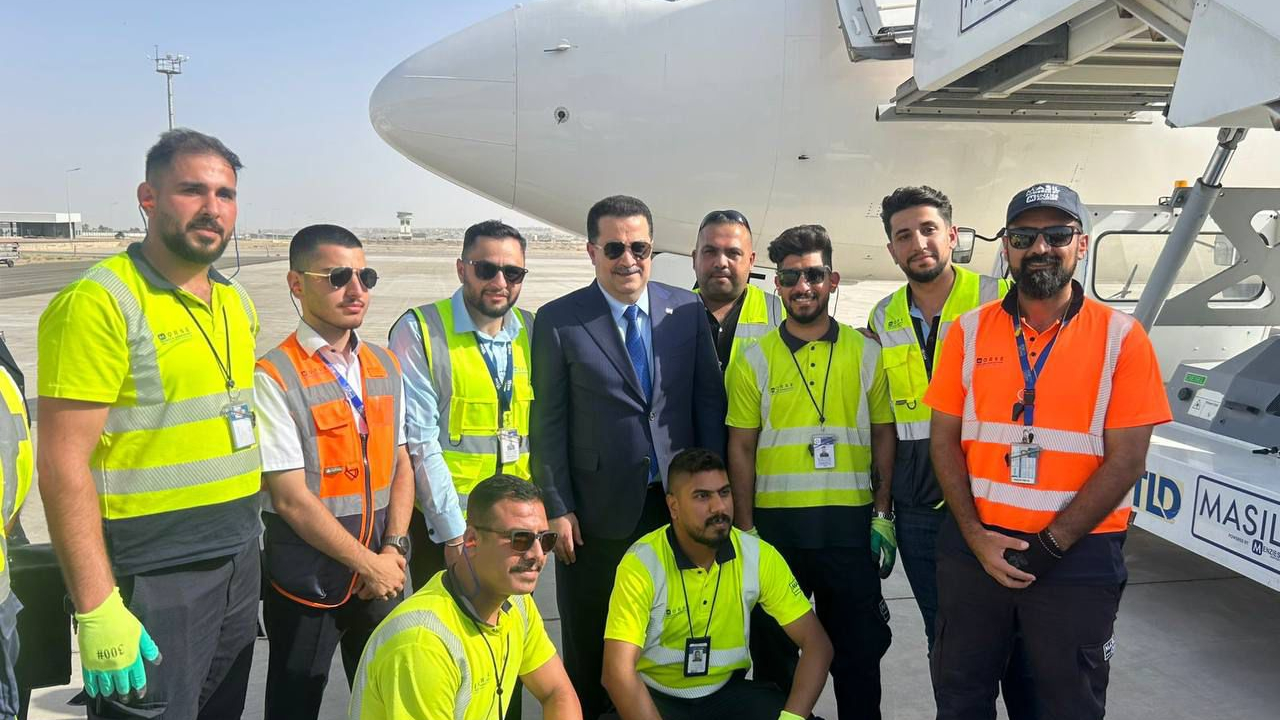Turkish Technic opens one of the largest maintenance hangars in the world

As the first base maintenance hangars of Istanbul Airport, they are now ready to welcome its domestic and international customers.
With an indoor area of 60.000 m2, the new complex has the distinction of housing the largest hangars in Turkey. Able to provide services to 3 wide-body and 6 narrow-body aircraft simultaneously, the new hangars will further increase the competitive edge of Turkish Technic in the ever-growing and developing global MRO market.
Turkish Technic’s new base maintenance hangars will meet their water needs through rainwater harvesting and solar energy is going to be utilised as a part of the energy source. The translucent polycarbonate panels used in the hangars allow the benefits of sunlight for a longer time, and the waste oil taken out from aircraft tanks enables the heating system to run on recycled fuel.
Equipped with the state-of-the-art technology, all elements in and around the facility are managed by smart automation systems.
On the opening of new base maintenance hangars, general manager of Turkish Technic Ahmet Karaman said: “Turkish Technic added a new milestone to the series of its success stories. Believing that Istanbul Airport is the new aviation hub of Turkey and the world, we maximise the technical services we provide here with such investments. We are determined to contribute more to our country's civil aviation growth and to provide the highest quality service to our customers. During these challenging times that affect the sector and the whole world, I believe the increase in our capabilities and capacity supports our commitment.
We have achieved a significant growth with the opening of these base maintenance hangars, where we have welcomed our first customers. Upon the completion of all phases in our MRO complex consisting of environmentally friendly structures, we will be able to provide maintenance services to 45 aircraft simultaneously.’’
Stay up to date
Subscribe to the free Times Aerospace newsletter and receive the latest content every week. We'll never share your email address.

